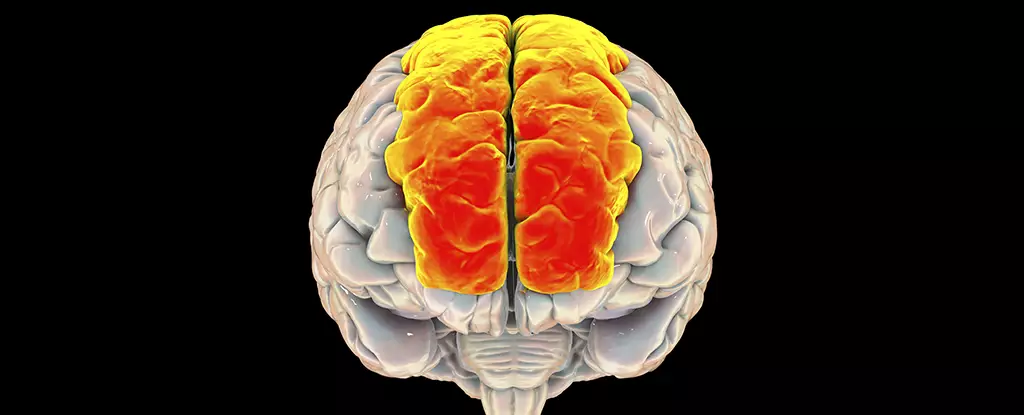Sepsis is a life-threatening condition that occurs when the body overreacts to an infection, leading to severe damage to vital organs, cognitive impairment, and even death. However, a recent study conducted by researchers at the University of Melbourne suggests that a ‘megadose’ of a salt made from vitamin C could potentially reverse the harmful effects of sepsis, particularly in the brain.
The study involved administering a large dose of sodium ascorbate, a salt made from vitamin C, to sheep models with induced sepsis. The results were astonishing, with the researchers noting a dramatic response to the treatment. Cardiovascular physiologist Clive May, one of the researchers involved in the study, expressed his surprise at the positive outcomes observed in the animal models.
Sepsis has been known to wreak havoc on the brain, particularly in the frontal cortex where functions such as body movements, speech, and emotional expression are controlled. The study showed significant reductions in oxygen levels and blood flow in this area, leading to cognitive difficulties and other neurological issues. However, the administration of sodium ascorbate reversed these trends, leading to improvements in the sheep’s behavioral state and overall wellbeing.
While the exact biological mechanisms behind the positive effects of sodium ascorbate are not yet clear, the researchers noted an increase in plasma vitamin C levels following treatment. Vitamin C is known for its anti-inflammatory properties and its role in regulating the immune system, which may contribute to its effectiveness in treating sepsis.
The next step for the research team is to determine whether the same positive outcomes can be replicated in humans. Clinical trials involving sodium ascorbate as a treatment for sepsis are currently underway, with early results showing promising effects on the kidneys and cardiovascular system. Further studies will be needed to establish the safe dosage of sodium ascorbate for human use and to ensure its efficacy across different patient populations.
The study on the potential of vitamin C in treating sepsis represents a significant advancement in the field of critical care medicine. The findings suggest that sodium ascorbate may hold promise as a safe and effective treatment for sepsis-induced brain damage, offering hope for improved outcomes for patients with this life-threatening condition. Further research is needed to validate these findings and to explore the full therapeutic potential of vitamin C in the treatment of sepsis.


Leave a Reply